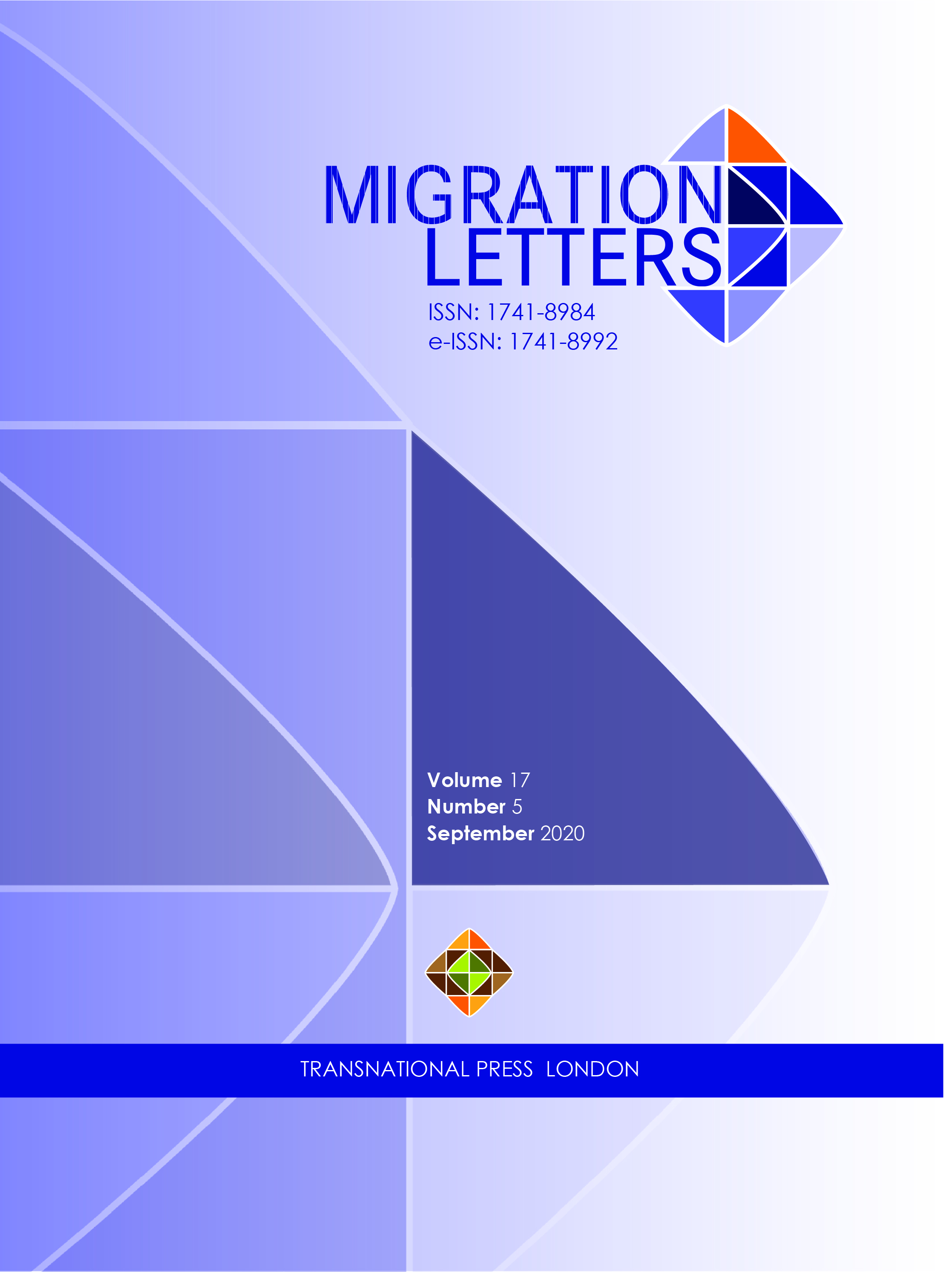How Can Migrants’ Language Proficiency Be Measured? A Discussion of Opportunities and Challenges When Studying the Impact of Language Skills on Social Position
How Can Migrants’ Language Proficiency Be Measured? A Discussion of Opportunities and Challenges When Studying the Impact of Language Skills on Social Position
Author(s): Elisabeth Fröhlich, Joanna Jadwiga FröhlichSubject(s): Language and Literature Studies, Social differentiation, Migration Studies, Asylum, Refugees, Migration as Policy-fields
Published by: Transnational Press London
Keywords: Migration; social inequalities; language proficiency; social position; language measures;
Summary/Abstract: Language proficiency is crucial for migrants’ social position in the labour market and therefore plays a key role in the (re-)production of social inequalities in modern societies. There are different ways of capturing language skills in quantitative studies. However, it is important to question the extent to which existing language measures mirror migrants’ realities and relevant linguistic everyday life practices. In our paper, we contribute to this question by disentangling various measures of language proficiency. We use a large sample of migrants in Germany (GSOEP) that contains numerous language measures. We conduct detailed quantitative analyses on how various language variables influence migrants’ social position, by which we mean migrants’ socioeconomic status (as measured by ISEI). The ISEI is mainly based on occupation, but also on education and income. Our findings indicate that especially the self-assessed German speaking proficiency is an important and parsimonious predictor for migrants’ social position in Germany.
Journal: Migration Letters
- Issue Year: 17/2020
- Issue No: 5
- Page Range: 695-704
- Page Count: 10
- Language: English

